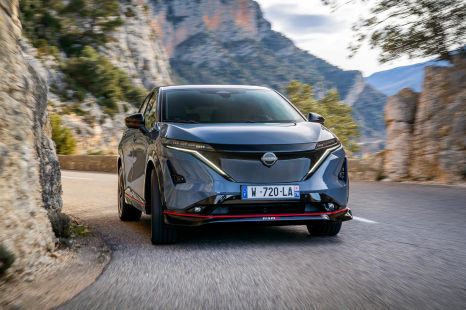

Shane O'Donoghue
2025 Nissan Ariya Nismo review: Quick drive
6 Days Ago
The Albanese Government is backing a lawsuit against the Victorian Government around the constitutionality of its EV road user charge.

News Editor
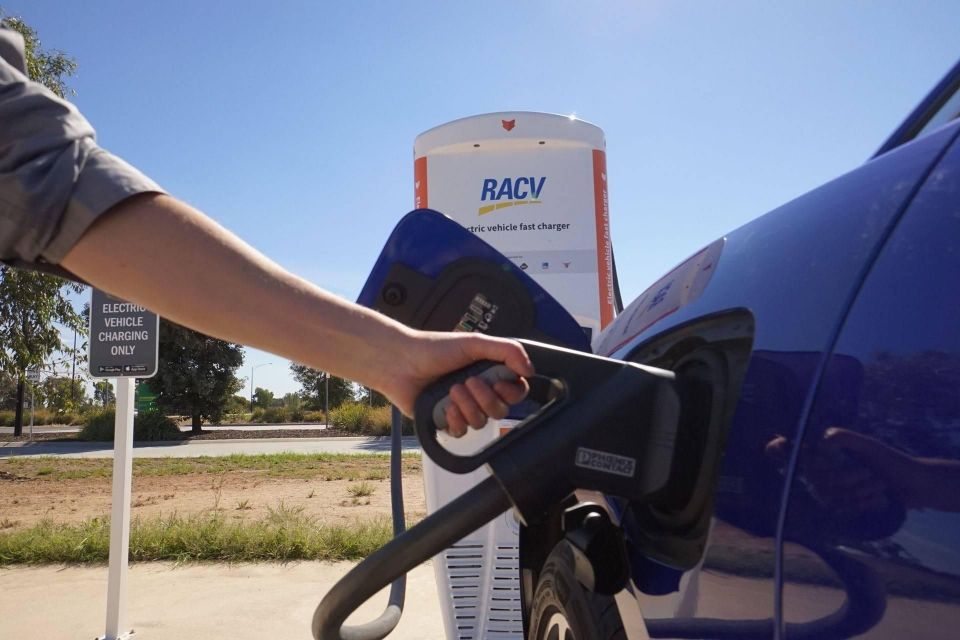

News Editor
The Albanese Government wants to quash Victoria’s controversial electric and plug-in hybrid vehicle road user charge.
The Age reports Attorney-General Mark Dreyfus has filed an intervention in the High Court to support two Victorian motorists in their lawsuit against the State Government, though he has yet to file submissions.
A spokesperson told The Age there are “potential implications for longstanding constitutional principles in relation to revenue and economic policy”.
“The Commonwealth government would like to work with Victoria, and with the other states and territories, on policy relating to electric vehicles,” the spokesperson said.
“We think that is best done through governments working cooperatively.”
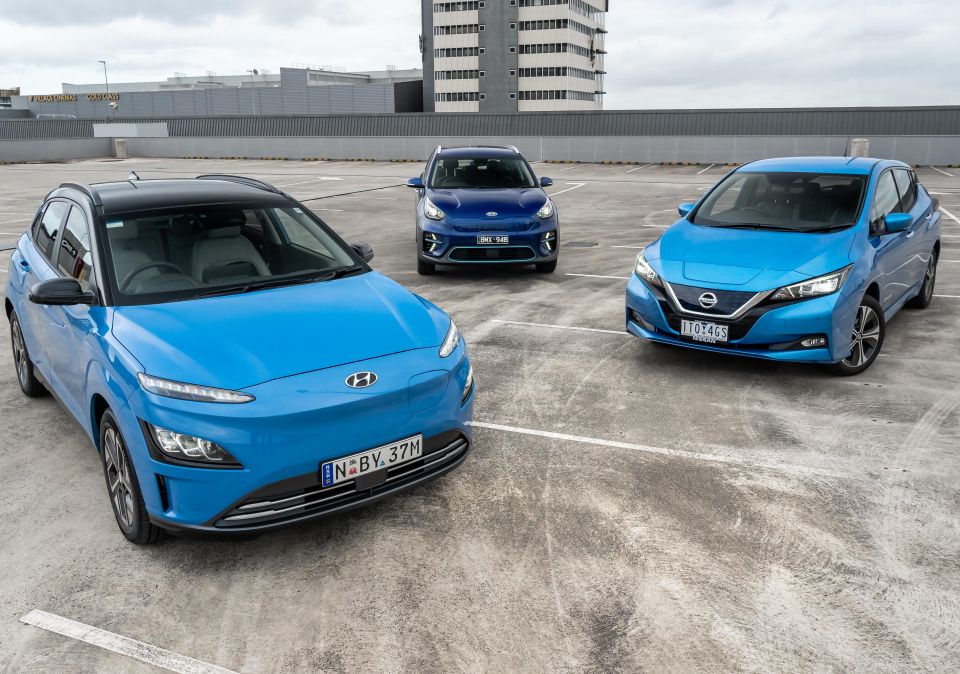
In Vanderstock v. The State of Victoria, filed last September, the plaintiffs – Kathleen Davies and Chris Vanderstock – argue the Zero and Low Emission Vehicle Distance-based Charge Act 2021 (ZLEV Act) is unconstitutional.
The plaintiffs argue the State Government is charging an excise, which under Section 90 of the Constitution is the exclusive power of the Commonwealth Parliament.
The legal action not only challenges the validity of this particular Victorian Act, but also the rights of States to levy other road taxes and charges and calls into question the rights of jurisdictions to collect billions of dollars of revenue from motorists.
While New South Wales and Western Australia have delayed their road user charge start dates to 2027 and South Australia is moving to repeal its charge, the Attorneys-General of these states have intervened in the proceedings on behalf of Victoria.
The Attorneys-General for Queensland and Tasmania, likewise, support Victoria’s position.
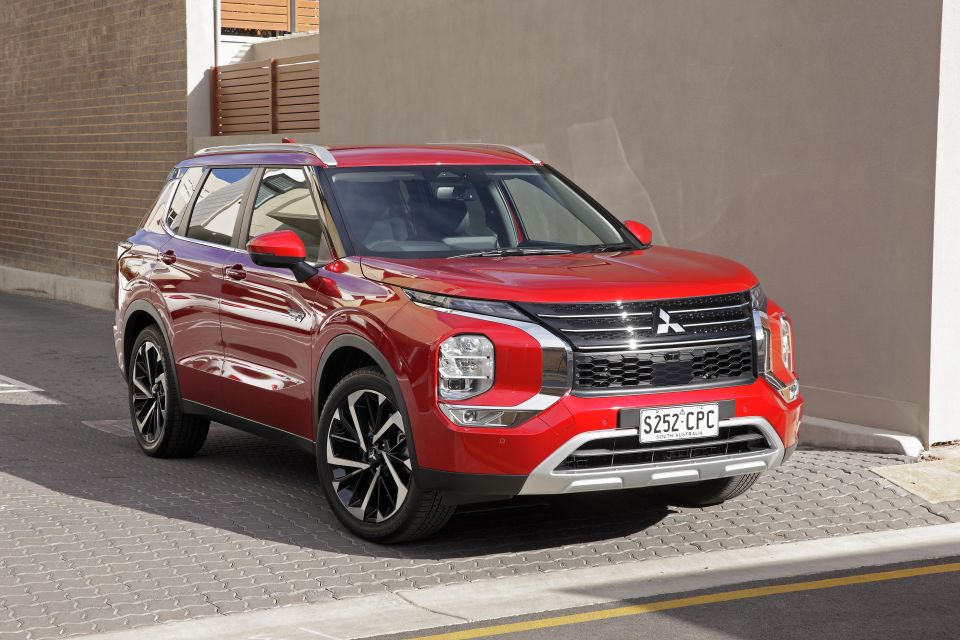
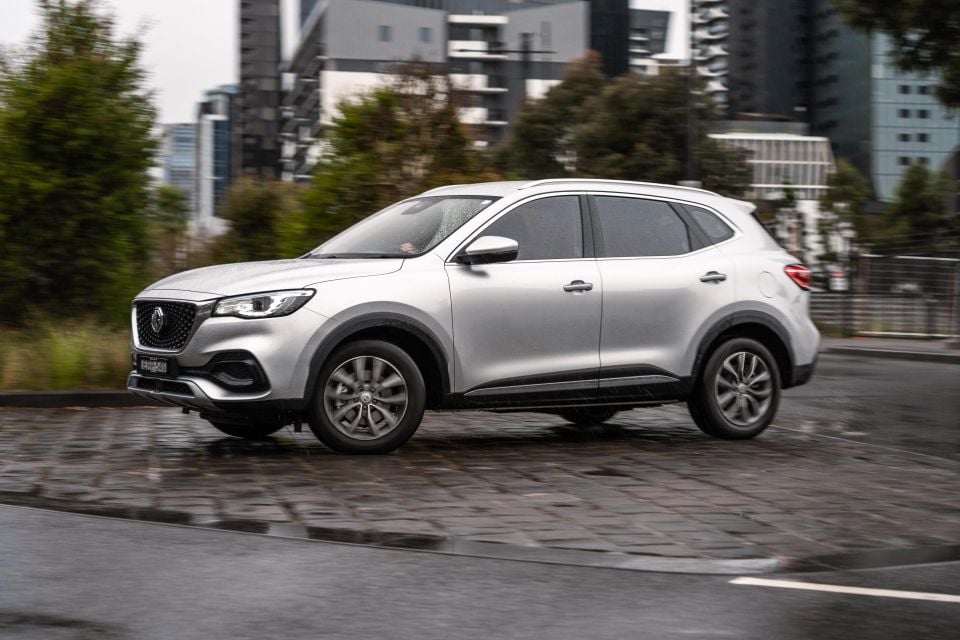
The ZLEV Act levies a charge of 2.6 cents per kilometre for battery and hydrogen fuel-cell electric vehicles and 2.1 cents per kilometre for plug-in hybrid vehicles, the latter of which are still subject to the fuel excise.
That’s led to complaints from plug-in hybrid owners that the Victorian Government is “double-dipping”, as the reporting process doesn’t take into account when a PHEV is driving under pure electric power.
The act has come under fire from automakers and lobby groups for ostensibly hindering uptake of electric and plug-in hybrid vehicles.
Before the bill became law, a list of 25 carmakers, rideshare firms, environment groups and charging infrastructure providers – including Hyundai, Volkswagen, Uber and Tritium – penned an open letter calling it “the worst EV policy in the world”.
The legislation also controversially specifies the road user charge applies even when travelling along highways outside of Victoria.
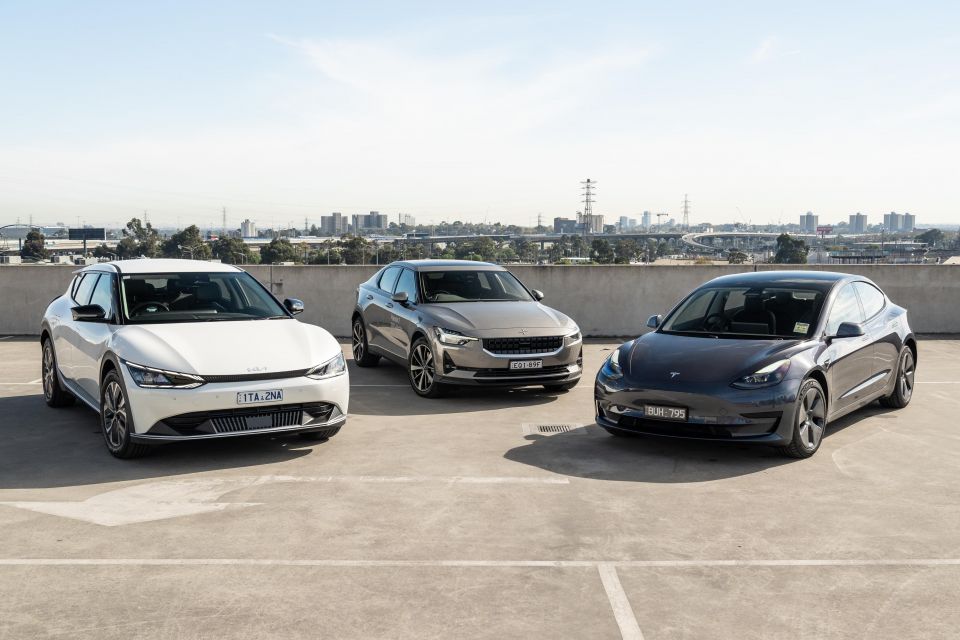
The increasing uptake of electric vehicles and the various state governments’ introduction of road user charges threatens to remove a significant funding source of the Australian Government.
Fuel excise revenue, which is collected by the federal government, has been declining over the years as Australians have switched to more fuel-efficient vehicles, and this year it will collect considerably less.
The fuel excise was 44.2 cents per litre of fuel until it was temporarily slashed in half by the previous Morrison Liberal Government in March.
It’ll return to that amount when the excise cut ends on September 28, with the cut expected to result in around $3 billion of lost revenue.
MORE: Victorian infrastructure body calls for usage-based rego, congestion charges MORE: Victoria’s ‘worst EV policy in the world’ slammed
William Stopford is an automotive journalist based in Brisbane, Australia. William is a Business/Journalism graduate from the Queensland University of Technology who loves to travel, briefly lived in the US, and has a particular interest in the American car industry.


Shane O'Donoghue
6 Days Ago


Anthony Crawford
5 Days Ago


Matt Campbell
4 Days Ago


James Wong
3 Days Ago


Max Davies
1 Day Ago
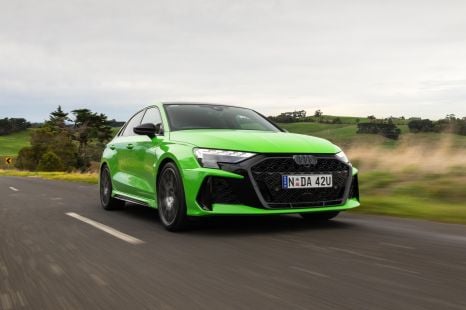

Josh Nevett
9 Hours Ago